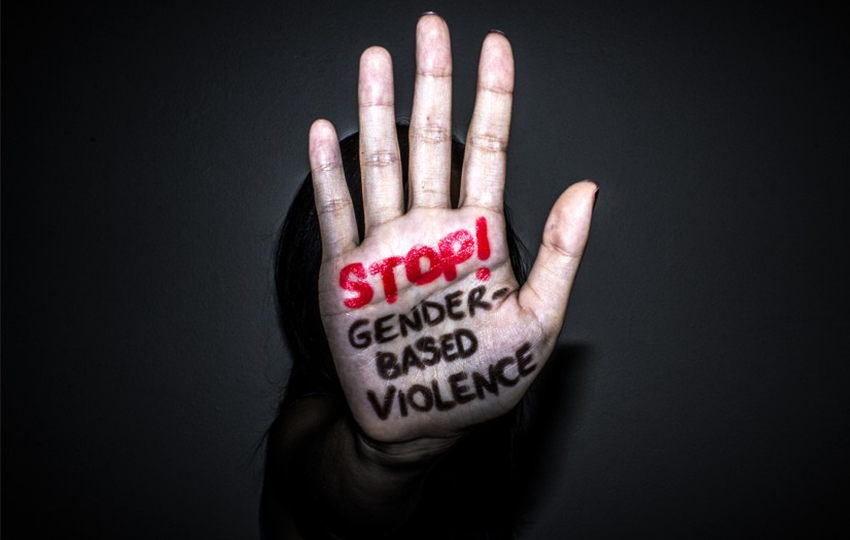Why gender violence, harmful practices against women persist in Nigeria – WARDC
The Women Advocates Research and Documentation Centre (WARDC), has linked the increasing cases of gender-based violence (GBV) and harmful practices against women and girls in the country to inadequate legislation that could have assisted in eliminating all forms of discrimination against women. The Executive Director of WARDC, Dr Abiola Akiyode-Afolabi, said this on Wednesday in […]

Stop Gender-based Violence
The Women Advocates Research and Documentation Centre (WARDC), has linked the increasing cases of gender-based violence (GBV) and harmful practices against women and girls in the country to inadequate legislation that could have assisted in eliminating all forms of discrimination against women.
The Executive Director of WARDC, Dr Abiola Akiyode-Afolabi, said this on Wednesday in Abuja at a two-day capacity strengthening workshop for networks and coalitions to monitor and demand accountability on gender-based violence.
She urged government to put in place stringent measures that would facilitate the eradication of gender-based violence in the country.
The workshop was organised by WARDC with support from European Union (EU) and United Nations Spotlight Initiative.
She noted that lack of access to Sexual and Reproductive Health and Rights (SRHR) by women was a major issue that must be addressed in the country.
“Issues of Sexual Gender-Based Violence (SGBV), Violence Against Women and Girls (VAWG), Harmful Practices (HP) and the promotion of Sexual and Reproductive Health and Rights (SRHR) have become very prevalent in Nigeria. Research has shown that one in three women have experienced one form of SGBV or the other hence the need to push for reforms that would eliminate all forms of discrimination against women,” Akiyode-Afolabi said.
She said that the workshop was designed to support the capacity of existing networks/coalitions of women’s organisations that have been identified as key game-changers to monitor and demand accountability of Ministries Departments Agencies (MDAs) to ensure sustainable prevention of GBV.
Also, the President and Founder, Women, Law and Development Initiative (WOLDI) Africa, Dr. Hauwa Shekarau, commended the National Assembly for giving gender parity a priority in the ongoing constitutional amendment.
She said that obnoxious laws that tend to inhibit women’s rights to compete with their male counterparts should be abolished through constitutional processes for national development.
